U.S. Southern Command, which oversees military operations in Latin America and the Caribbean, is in turmoil after the announcement of the sudden retirement of the four-star Navy admiral overseeing that region where President Donald Trump is waging an undeclared war on supposed drug smugglers.
The discontent came to a head after Secretary of War Pete Hegseth announced that Adm. Alvin Holsey would step down at the end of the year, two years ahead of schedule, one government official told The Intercept. “People are angry,” the official said. Another said some in key positions at SOUTHCOM were “disillusioned.” They were among three government officials with knowledge of strife at the combatant command who spoke to The Intercept on the condition of anonymity.
Holsey has not commented publicly on the reasons for his premature departure. This has led to speculation by officials at the Pentagon and on Capitol Hill that he may have questioned the legality or ethics of Trump’s attacks in the waters near Venezuela; have been upset about being forced into a subservient role in Trump’s war as Special Operations Command usurped his authority; or was pushed out as part of Hegseth’s much-publicized anti-diversity campaign.
“Adm. Holsey is not available for interviews at this time,” Col. Emanuel Ortiz, Southern Command’s chief of public affairs, told The Intercept. In response to questions about Holsey’s impending departure and reports of strife at the command, spokesperson Lt. Col. Dustin Cammack said, “SOUTHCOM has nothing additional to add.” He referred questions about Southern Command to the White House.
The White House did not respond to repeated requests for answers.
The United States has launched attacks on at least seven boats in the Caribbean since September, reportedly killing 32 people. On Wednesday, Hegseth announced strikes on two boats in the Pacific that left five people dead. The first strike took place on Tuesday and killed two people, he said. A second strike took place on Wednesday, killing three others.
On Wednesday, Trump teased the possibility of similar strikes on land. “We will hit them very hard when they come in by land,” said the president. “We’ll probably go back to Congress and explain exactly what we’re doing when [they] come to the land.”
Although these strikes are being conducted in SOUTHCOM’s area of operations, they have been carried out by elite Special Operations forces from Special Operations Command, or SOCOM, which is headed — as of earlier this month — by U.S. Navy Adm. Frank “Mitch” Bradley.
The attacks on boats are part of a war being waged by the Trump administration without the consent of Congress, according to a confidential notice that was sent to several congressional committees earlier this month. Legal experts — including former government lawyers who specialized in determinations regarding the laws of war and extrajudicial killings — and lawmakers say the strikes violate U.S. and international law.
Last week, Sens. Rand Paul, R-Ky.; Tim Kaine, D-Va.; and Adam Schiff, D-Calif., introduced a War Powers Resolution that would block the military from engaging in hostilities within or against Venezuela, after Trump confirmed that he secretly authorized the CIA to conduct covert operations in that country and threatened attacks on Venezuelan territory.
“It’s summary execution!”
“We don’t blow up boats off Miami because 25 percent of the time suspicion is wrong. We shouldn’t do it off Venezuela either. These are small outboards with no fentanyl and no path to Florida,” Paul told The Intercept. “We can’t just kill indiscriminately because we are not at war. It’s summary execution! Everyone gets a trial because sometimes the system gets it wrong. Even the worst of the worst in our country get due process. The bottom line is that execution without process is not justice, and blowing up foreign ships is a recipe for chaos.”
Rep. Adam Smith, D-Wash., the top Democrat on the House Armed Services Committee, appealed for a hearing on the attacks. “I call on Speaker Johnson to immediately bring the House back into session to not only work to end the Republican shutdown, but to also enable the committees to conduct critical oversight,” Smith said in a statement Monday. “The House Armed Services Committee must convene a hearing to secure answers to the questions about military operations in the Caribbean and for the SOUTHCOM Commander to testify on these matters.”
The Caribbean campaign began with attacks on supposed Venezuelan “narco-terrorists,” but the attacks have since also killed or injured civilians from Colombia, Ecuador, and Trinidad as well.
An attack on a semi-submersible vessel last week killed at least two people and led to the capture of two others who became the first prisoners of the Trump administration’s undeclared war against undisclosed “narcoterrorist” groups. Trump announced on Saturday that the two men were “being returned to their Countries of origin, Ecuador and Colombia.” Asked why the two survivors were not taken to the U.S. to be prosecuted, Vice President JD Vance replied: “What happens to them? I don’t really care, so long as they’re not bringing poison into our country.”
Rep. Jason Crow, D-Colo., a member of the House Armed Services and Intelligence committees, questioned the decision at a security conference on Wednesday. “If these are narco-terrorists, as Secretary Hegseth reports, then why did we just repatriate two of them back to their country of origin, if they’re such bad guys?” he asked.
Both Smith and Sen. Jack Reed, D-R.I., the ranking member of the Senate Armed Services Committee, have drawn attention to the unorthodox nature of Holsey’s impending departure, less than one year into what is typically a three-year job.
“Never before in my over 20 years on the committee can I recall seeing a combatant commander leave their post this early and amid such turmoil,” Smith said on Monday. Reed said Holsey’s “unexpected resignation is troubling.”
“At a moment when U.S. forces are building up across the Caribbean and tensions with Venezuela are at a boiling point, the departure of our top military commander in the region sends an alarming signal of instability within the chain of command,” Reed said in a statement. “Admiral Holsey’s resignation only deepens my concern that this administration is ignoring the hard-earned lessons of previous U.S. military campaigns and the advice of our most experienced warfighters.”
Numerous outlets have reported that Holsey and Hegseth were reportedly at odds. Some have suggested that Holsey objected to the attacks for being extrajudicial killings. The War Department has pushed back hard on these allegations. “This is a total lie. Never happened. There was no hesitation or concerns about this mission,” spokesperson Sean Parnell wrote on X. “Just more Fake News.”
All of the government officials who spoke to The Intercept about SOUTHCOM said that they were unsure if Holsey had any legal, moral, or ethical objections to the attacks, but that the nature of the war, which is being conducted by elite Special Operations forces, made Holsey’s position untenable. They said that the admiral had been effectively sidelined, with Special Operations Command conducting its war in his area of operations. They also said Holsey was read-in late on operations, provided inadequate information, and forced to coordinate with SOCOM on little notice.
The official who said some key personnel at SOUTHCOM were “disillusioned” spoke in general terms about pressures from outside the command and a lack of confidence in leadership at the Pentagon. “People are trying to keep their heads down,” the official said, while noting that many wish Holsey had been explicit about his reasons for retiring early.
“I can only guess, and frankly hope, that his resignation was in protest.”
Wes Bryant — who served until earlier this year as the senior analyst and adviser on precision warfare, targeting, and civilian harm mitigation at the Pentagon’s Civilian Protection Center of Excellence — said that the chatter about internal dissent at SOUTHCOM raised questions about the reasons behind Holsey’s premature departure. “I can only guess, and frankly hope, that his resignation was in protest,” said Bryant, who also hoped that Holsey might have initiated an investigation by SOUTHCOM’s inspector general into attacks that Bryant called a “blatant violation of not only international law but the Constitution.” He continued, “Time will reveal that, but I find his silence so far even more telling.”
Some SOUTHCOM officials are reportedly unnerved by the strikes and uncertain of their legality, according to the same government officials. Bryant said that Civilian Harm Mitigation Teams — which provided guidance on protecting noncombatants — were mostly dissolved across all combatant commands, including SOUTHCOM, during the first half of the year. “They gave the duty as a secondary duty — at best — to a couple of staff members to basically just be able to say they still have a ‘civharm’ mitigation team,” he told The Intercept.
Bryant said that SOUTHCOM now lacked a dedicated civilian harm mitigation officer or teams focused on lessening the potential for civilian casualties during the planning and targeting process, as well as mitigating broader harm and potential effects of attacks across the region.
“They would have also been looking at the implications to the local and regional shipping, fishing and other industries,” he said. “They would also have looked at the psychological effects of these strikes on the Venezuelan civilian populace and even the environmental effects of whatever is on board these ships, if they are struck in a fishing region.”
Cammack did not reply to specific questions regarding civilian harm mitigation personnel at SOUTHCOM. Return receipts show that the queries were read by multiple personnel at the command.
Trump and Vance have repeatedly joked about the strikes upending the lives of subsistence fishermen in the Caribbean. Trump noted that the number of vessels on the water had, within weeks, shrunk from “hundreds” to “no boats” during remarks in September. “Nobody wants to go fishing,” said Trump at a White House dinner last week to a chorus of laughs. “They might as well get rid of their boat.”
Holsey revealed his looming retirement on Southern Command’s Facebook page less than a week after Hegseth announced the creation of a new counter-narcotics Joint Task Force in the SOUTHCOM region.
“It’s been an honor to serve our nation, the American people and support and defend our Constitution for over 37 years,” Holsey wrote on Facebook. “The SOUTHCOM team has made lasting contributions to the defense of our nation and will continue to do so. I am confident that you will forge ahead, focused on your mission that strengthens our nation and ensures its longevity as a beacon of freedom around the globe.”
Holsey is not the only senior military leader rumored to have feuded with Hegseth over Trump’s latest undeclared war.
Several government officials suggested to The Intercept that Rear Adm. Milton “Jamie” Sands III, head of Naval Special Warfare Command, was fired by Hegseth in August due to the admiral’s concerns about impending attacks on civilian vessels. Pentagon press secretary Kingsley Wilson denied the officials’ claims. Sands did not respond to repeated requests by The Intercept for an interview.
Holsey, the first Black chief in SOUTHCOM’s 60-year history, is one of several high-ranking minority or female officers to retire early, resign, or be fired since Hegseth took the helm at the Pentagon. Gen. Charles Q. Brown Jr., the chair of the Joint Chiefs of Staff — the highest-ranking U.S. military officer and a history-making Black fighter pilot — was fired in February, kicking off a monthslong purge that has remade the upper ranks of the military.
The Trump administration also fired Navy Vice Adm. Shoshana Chatfield, who held a senior position in NATO and was one of only a handful of female Navy three-star officers and the first woman to lead the Naval War College; Adm. Linda Fagan, the first woman to command the Coast Guard; and Adm. Lisa Franchetti, the first woman to command the Navy.
Holsey — who oversaw the massive military build-up in the Caribbean that has flooded the region with around 10,000 troops, eight surface warships, and a submarine — authored a report about improving diversity and inclusion in the Navy following the 2020 killing of George Floyd. Published the next year, it asserted that “diversity broadens the Navy’s ability to solve complex challenges facing our nation.” And Holsey specifically stated that “when it comes to inclusion and diversity, we can be committed or involved. We choose commitment.”
Hegseth, in an unhinged rant to hundreds of generals and admirals late last month, railed against “identity months, DEI offices, dudes in dresses,” using the acronym for diversity, equity, and inclusion. “For too long, we’ve promoted too many uniformed leaders for the wrong reasons, based on their race, based on gender quotas,” he fumed, threatening to fire the officers who balked at his warrior ethos worldview. “If the words I’m speaking today are making your heart sink, then you should do the honorable thing and resign,” Hegseth said.
Wilson, the Pentagon press secretary, did not respond to a question about whether Holsey was forced out of his job due to his authorship of the 2021 report.

 German (DE)
German (DE)  English (US)
English (US)  Spanish (ES)
Spanish (ES)  French (FR)
French (FR)  Hindi (IN)
Hindi (IN)  Italian (IT)
Italian (IT)  Portuguese (BR)
Portuguese (BR)  Russian (RU)
Russian (RU) 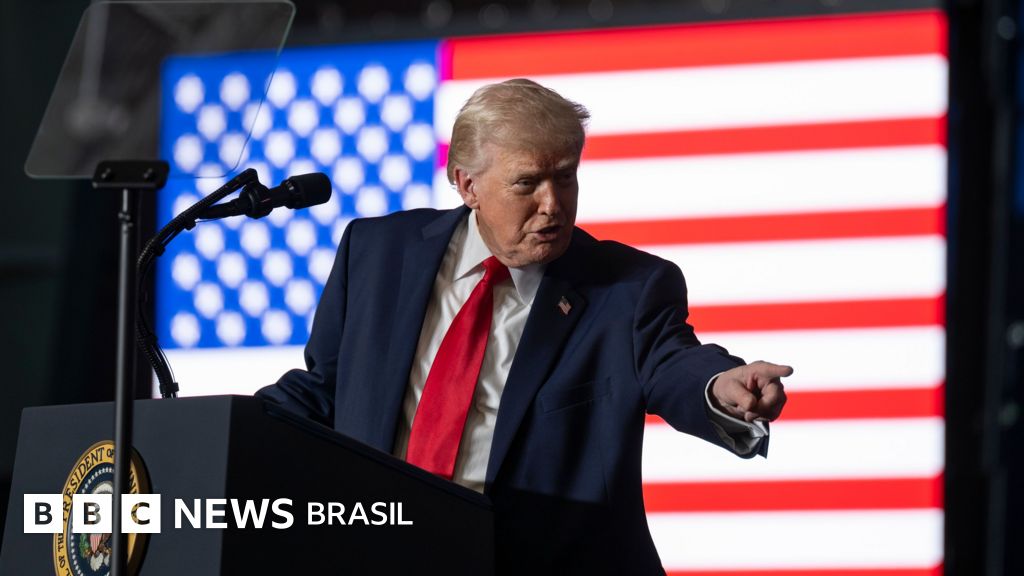
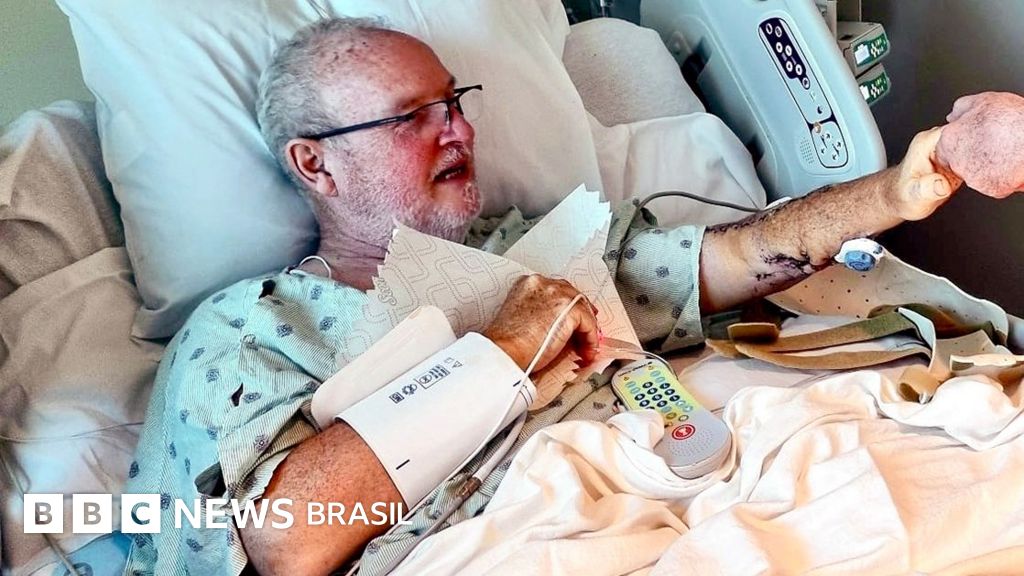

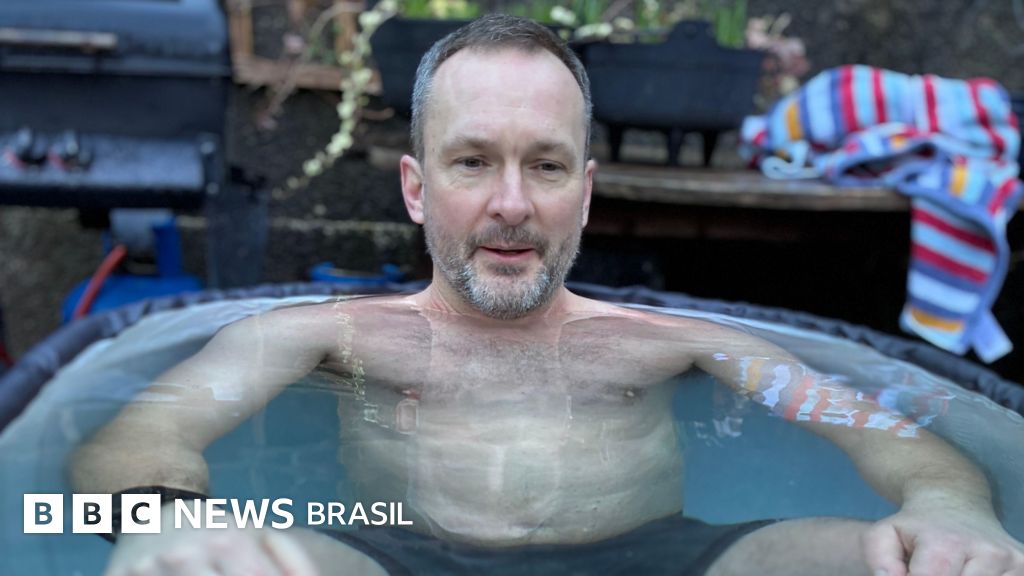
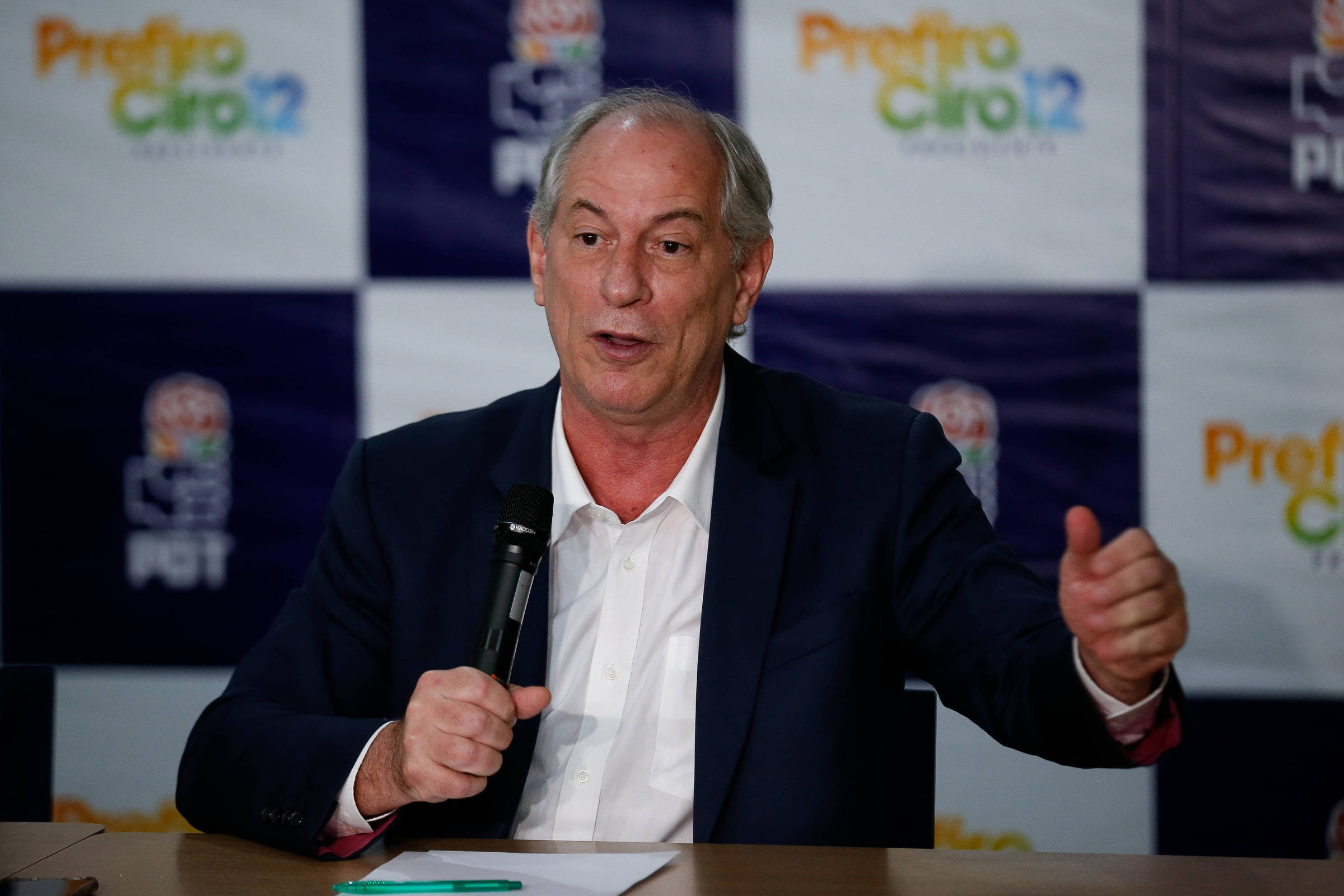
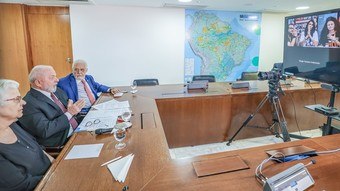
:strip_icc()/i.s3.glbimg.com/v1/AUTH_59edd422c0c84a879bd37670ae4f538a/internal_photos/bs/2023/l/g/UvNZinRh2puy1SCdeg8w/cb1b14f2-970b-4f5c-a175-75a6c34ef729.jpg)
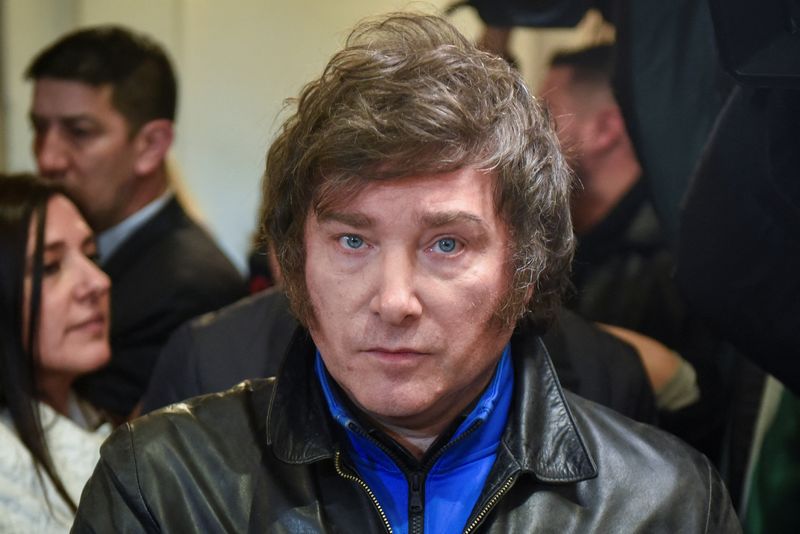

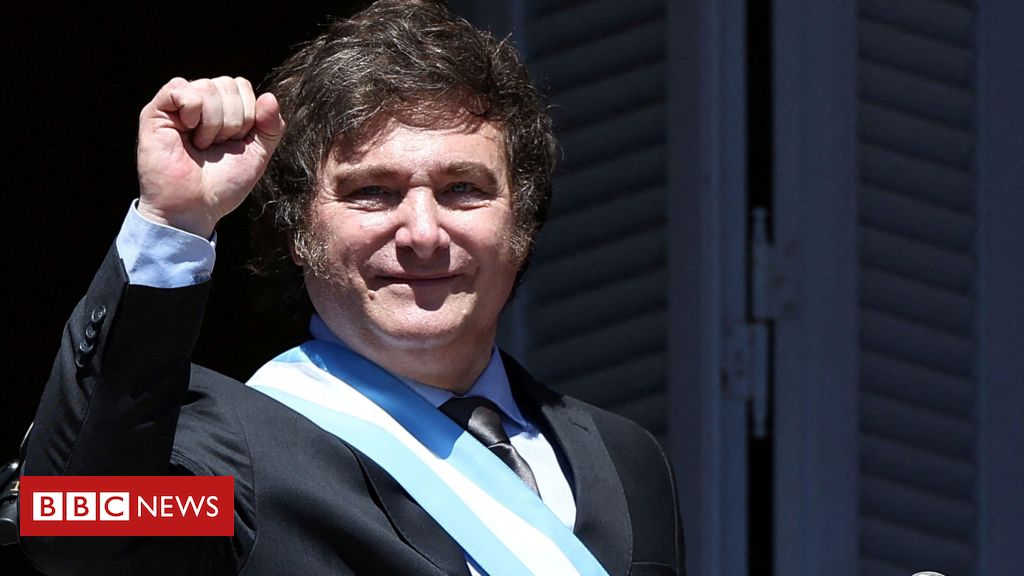



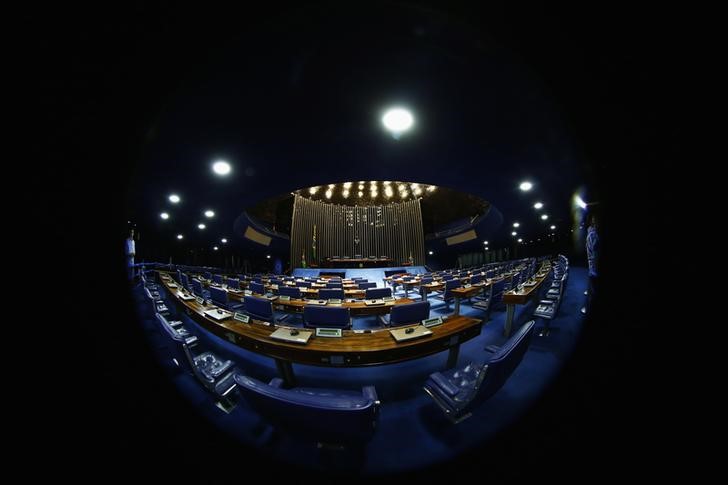
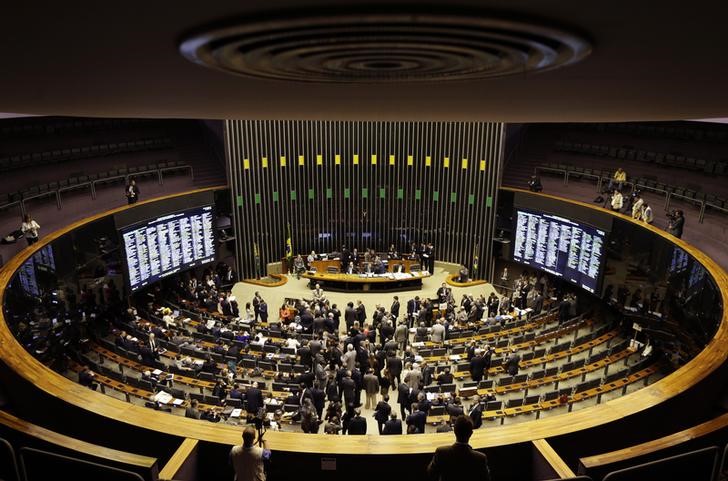


Comentários
Aproveite ao máximo as notícias fazendo login
Entrar Registro